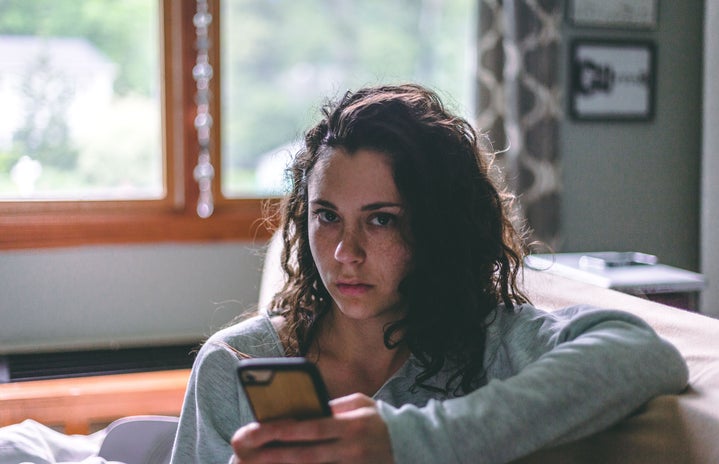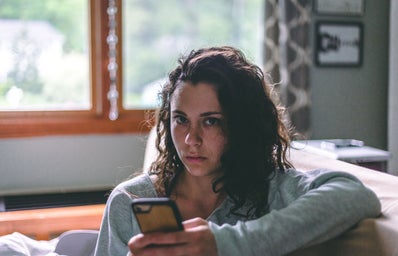We all remember the iconic filters we used to play around with on Snapchat back in the day, be it the brown puppy with an over-enthusiastic tongue, or the unicorn with a perpetual stream of glittery rainbow vomit.
But what began as silly, harmless fun has transgressed into something much more problematic than we originally anticipated. Gone are the days of turning into a cute animal or growing a goofy moustache. As technology progresses by leaps and bounds, it has stumbled upon the eerie ability to create filters that ‘beautify’ appearances. Social media has been sucked into this beauty filter epidemic to a point of no return, and worrying is the least we can do.
Observe any beauty filter for over 20 seconds and you realize while yes, you do look prettier, you also look nothing like you. Use any filter for more than 20 minutes and you will start finding faults in the face you see in the mirror.
These filters are single-handedly destroying the self-esteem of young girls on social media. How can they not when with the click of a button you can smoothen out your skin, shrink your nose, plump your lips and lighten your eyes! It’s like magic. It’s dangling the cure of your deepest insecurities and then snatching it away, giving you a sweet high when you see yourself looking like a “supermodel” and a harder fall when you walk out into real-life looking like… not one.
The trend of beauty filters is catching on so quickly that now even the “fun” filters that were previously left untouched have some element of beautification hidden. While taking a selfie as a cute cat, your eyes have somehow become bigger, your skin is shades lighter, your nose is smaller.
It doesn’t help that the past two years of the pandemic have witnessed sky-rocketing levels of engagement on social media apps like Snapchat and Instagram. With social distancing and WFH, circumstances are such that most of our time is spent online in some form or the other. Being so absorbed in a virtual world indubitably affects our perception of reality, one of them being beauty. For that matter, even Zoom has adapted and offers its users multiple beautification options, including a setting called ‘touch up my appearance’, which delivers an airbrushed look for those long meetings.
A news headline spoke of how the popularity of editing apps like Facetune surged at the beginning of lockdown when salons were forced to close. Doesn’t that say so much? If you scroll down your Instagram feed for a minute, almost every picture you come across will be edited in some manner. But no matter how self-aware one tries to be, it’s hard to always keep this in mind, and unconsciously these edited pictures form the basis for our understanding of beauty. Editing apps have advanced to such a level that their results match those of a professional photoshop. So now, not only do we compare ourselves to the flawless, edited versions of other users on social media, but we compete in a losing fight with the flawless, edited version of our own selves.
But there is still hope. As more and more people grasp the damage these filters do, they are taking a stand against them on a personal level. Social media influencers are also spreading awareness regarding the importance of realizing the consequences of our actions, with many publicly stating when a picture is doctored and using a simple #edited hashtag. After all, we must be the change we wish to see.


